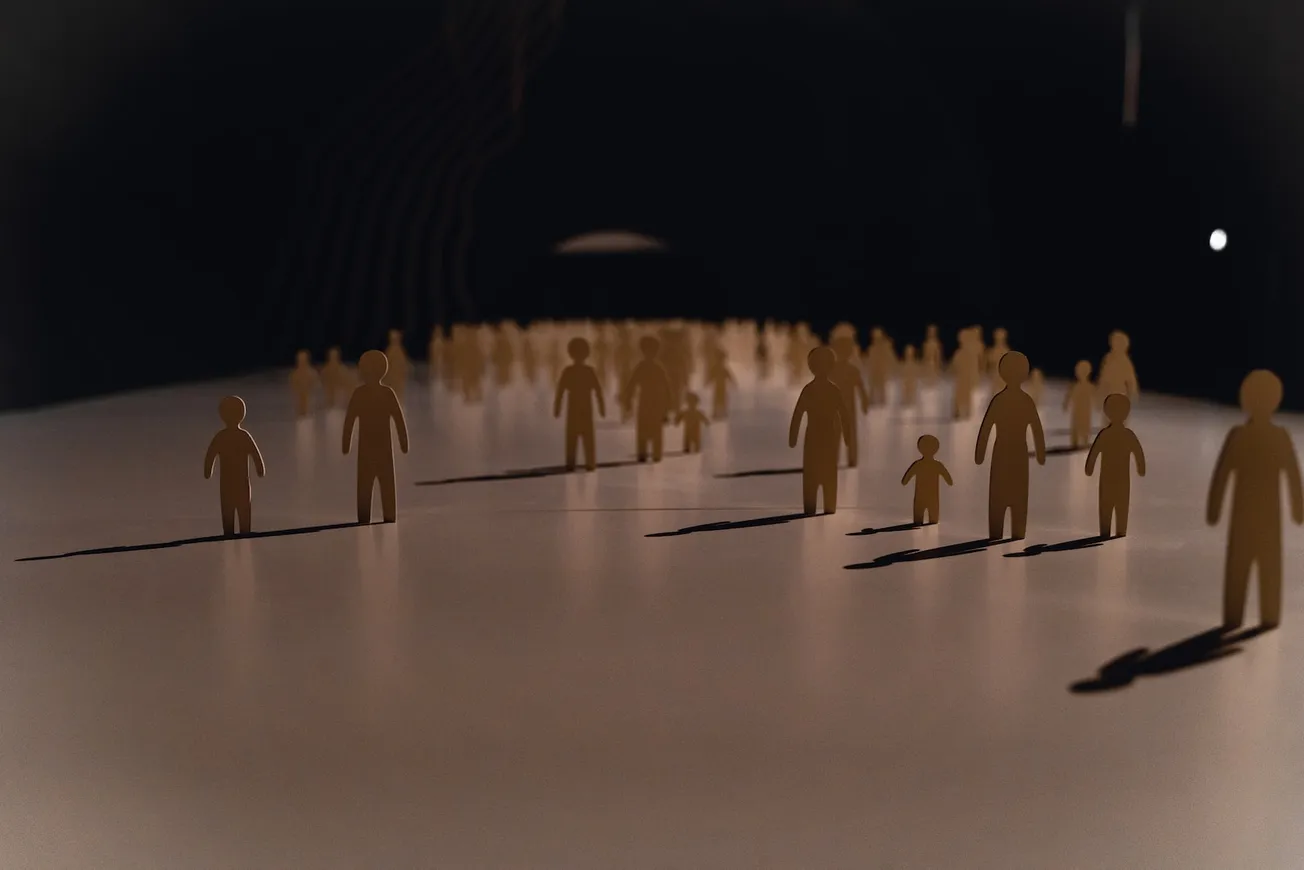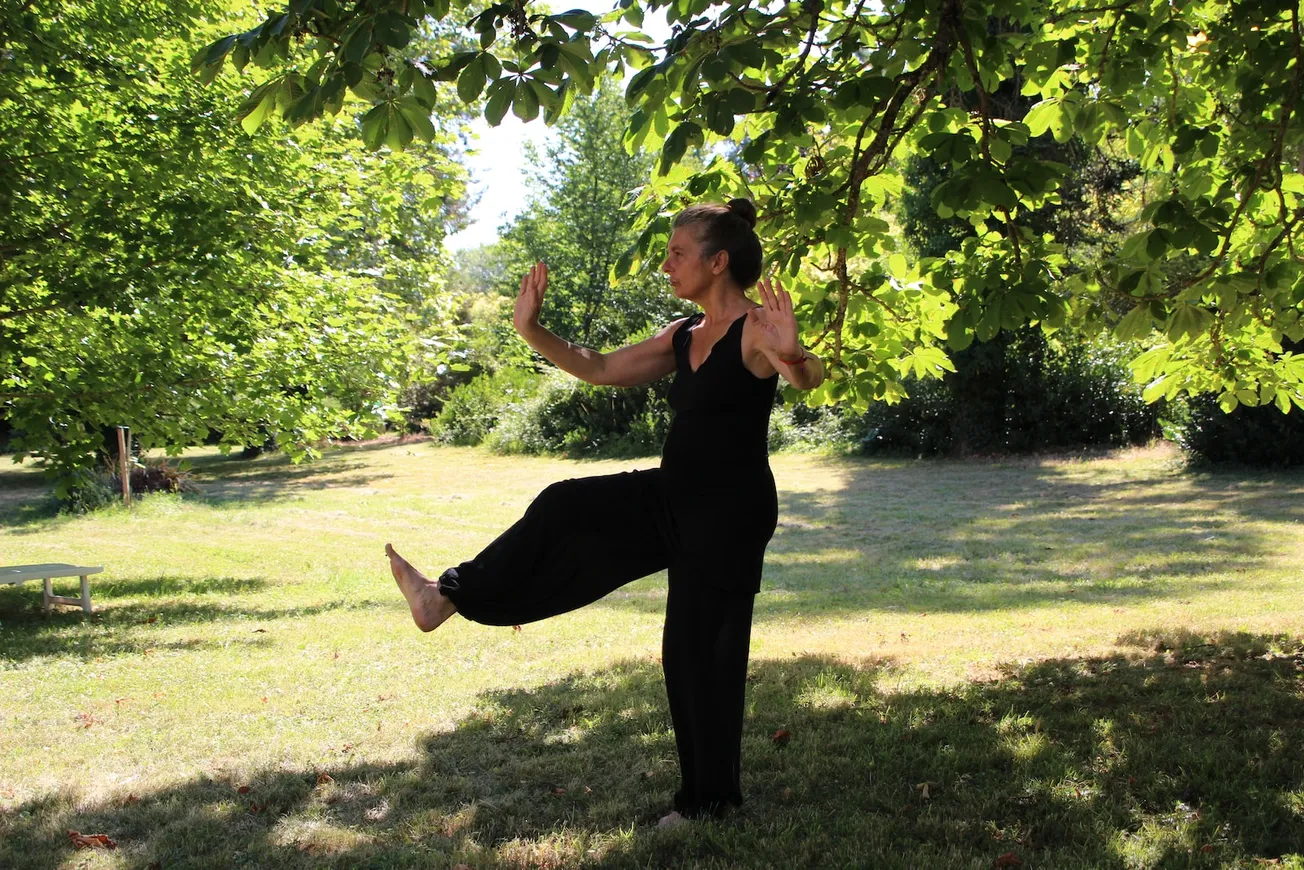Table of Contents
Family First NZ
Family First NZ is warning that the declining marriage and fertility rates are setting up a ‘perfect storm’ for negative social consequences in New Zealand.
According to statistics just released, the general marriage rate dropped to a record low in 2021 of only 7.7 couples per 1,000 people eligible to marry (unmarried people aged 16 years and over). While part of the drop could be attributed to the ongoing lockdowns over the past two years, this rate is below the average of 10.1 over the previous five years and continues a long downwards trend. This is about one-sixth of the 1971 peak when the rate was 45.5. New Zealanders are also marrying about eight years later in life on average.

We should be concerned that marriage rates are at a shocking all-time low. The weakening of marriage is one of the most important social issues we are facing. A 2016 report on child abuse and its causes argued that the ‘elephant in the room’ is family structure, and that the growth of child abuse has accompanied a reduction in marriage and an increase in cohabiting and single-parent families.
The report follows an earlier report on child poverty and its similar link to family structure, and a report on imprisonment rates (released in June 2018). That report stated that if the government doesn’t want to keep building more prisons, it needs to look to the children who are potentially tomorrow’s offenders and acknowledge the role family stability plays.
The statistics are clear on marriage. Children being raised by their married biological parents are by far the safest from violence – and so too are the adults.
But whenever marriage is promoted, it has often been labelled as an attack on solo or divorced parents, and that has kept us from recognising the qualitative benefits of marriage which have been discovered from decades of research. In virtually every category that social science has measured, children and adults do better when parents get married and stay married – provided there is no presence of high conflict or violence. This is not a criticism of solo parents. It simply acknowledges the benefits of the institution of marriage.
New Zealand’s fertility rate has also reached an all-time low, with an average of 1.60 births per woman in the year ending March 2021, well below the population replacement level of 2.1 required.
This should also be sounding alarm bells for politicians and policymakers in New Zealand. With a declining fertility rate comes a reliance on migration to provide for an aging population – but all countries around the world will be competing for that migration, because most countries are facing the same dilemma. We need a younger population to provide a workforce for economic growth. An aging population will also place a burden on the economy through increasing health care, aged care, and other fiscal costs such as the government pension.
Researchers at the University of Washington’s Institute for Health Metrics and Evaluation, published in the Lancet in 2020, predict that the worldwide fertility rate will fall below 1.7 by 2100. 183 out of 195 countries are predicted to have a fertility rate below the replacement level. That means that the number of under-fives will fall from 681 million in 2017 to 401 million in 2100, but the number of over 80-year-olds will soar from 141 million in 2017 to 866 million in 2100.
Lindsay Mitchell, author of “Families: Ever Fewer or No Children, How Worried Should We Be?“ – a recent report from Family First NZ – says:
“Without population replacement or growth, economies decline. A nation’s strength lies in its young: their energy, innovation, risk-taking and entrepreneurship. The new blood drives the exchange of ideas and experimentation. If these attributes aren’t home-grown, they have to be imported. At an individual level, single person households are the fastest growing household type in New Zealand. Increasingly people face old-age with few or no family supports.”
Whether the solution is financial incentives, enhanced maternity and paternity leave, free childcare, employment rights, or simply migration through open borders, New Zealand needs to be having this discussion. We need to ask whether kiwi families are delaying or not having children, what factors this is based on, and whether their decision is based on the most accurate information available. The future of our country depends on it.
Marriage isn’t perfect, but we ignore its benefits at our peril, including the effect on our fertility rate. It’s time we promoted the best model possible.









